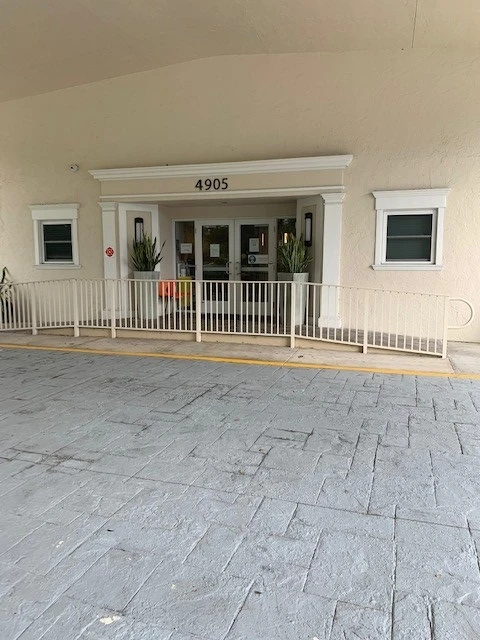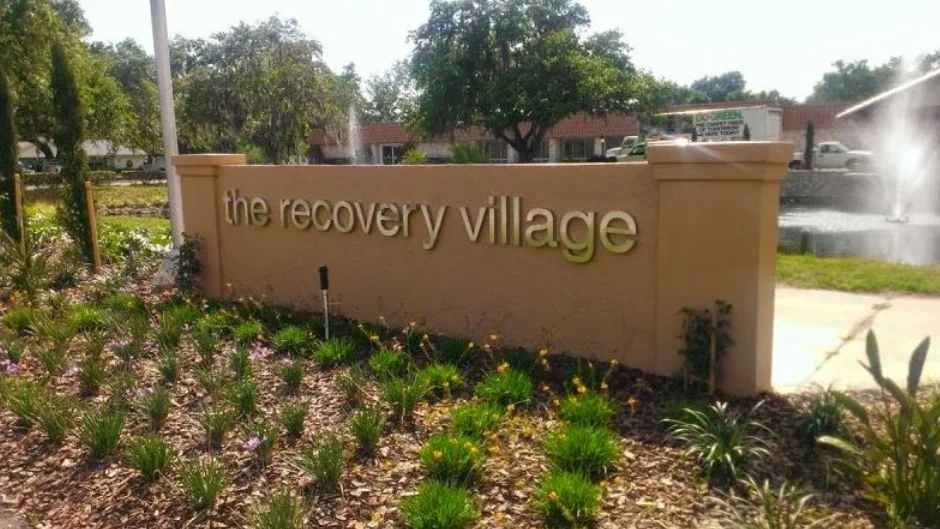The Recovery Village Palm Beach at Baptist Health Drug and Alcohol Rehab Information
Treatment
Who We Treat
- Adults
- Seniors/Older Adults
- Older Adults
- Male and Female
- Veterans
Treatment Focus
- Alcohol
- Co-Occurring Disorders
- Drug Addiction
Approaches
- 12-Step-Based
- Individual Treatment
- Evidence-Based
- Twelve Step
- Family Therapy
- Cognitive Behavioral Therapy (CBT)
- Motivational Interviewing
- 1-on-1 Counseling
- Mindfulness-Based Cognitive Therapy
- Eye Movement Therapy (EMDR)
- Medication-Assisted Treatment (MAT)
Conditions We Treat
- Depression
- Anxiety
- Post Traumatic Stress Disorder (PTSD)
- Personality Disorder
- Trauma
- Suicidal Thoughts
- Codependency
- Personality Disorders
- Chronic Pain Management
- Eating Disorders
- Suicidality
Substances We Treat
- Alcohol
- Benzodiazepines
- Prescription Drugs
- Chronic Relapse
- Heroin
- Opioids
- Cocaine
- Methamphetamine
Languages
- English
- Spanish
Aftercare
- Intensive Outpatient Program
Level of Care
- Outpatient
- Intensive Outpatient Program (IOP)
- Outpatient Detox
- Detox
- Residential Rehab
Experience
Personal Amenities
- Air-Conditioned Rooms
- Shared Bathroom
- Shared Rooms
Accreditations
-
The Joint Commission
The Joint Commission's addiction and behavioral health accreditation signifies a facility's commitment to high-quality care. It involves rigorous evaluations and assessments of clinical practices, ensuring effective, evidence-based treatment. Accreditation showcases a dedication to continuous improvement and patient safety, instilling trust among patients, families, and healthcare professionals. It's a mark of excellence in addiction and behavioral health care.

-
State department of health
Government agencies issue State Licenses, granting rehabilitation organizations permission to operate their businesses lawfully within specific geographic regions. The specific licenses needed for legal operation are typically determined by the type of rehabilitation program offered by the facility and its physical location.

-
LegitScript
LegitScript certification is awarded to programs and services that successfully complete a stringent application process initiated in 2018. This process ensures eligibility for credible providers offering mental health and co-occurring substance abuse treatment within Google's network while complying with HIPAA privacy laws.

-
NAATP
The NAATP accreditation is a recognized addiction and behavioral health standard. This accreditation signifies that a treatment facility or program has met specific criteria and standards set by NAATP, demonstrating a commitment to providing quality care and services to individuals seeking treatment for addiction and behavioral health issues. Facilities and programs accredited by NAATP are evaluated on their adherence to established best practices, ensuring that clients receive comprehensive, evidence-based care to support their recovery journey.

-
SAMHSA certification for opioid treatment program (OTP)
SAMHSA's Opioid Treatment Programs (OTPs) accreditation is a rigorous recognition process that signifies an OTP's commitment to providing high-quality care for individuals dealing with opioid use disorders. It assures patients, families, and the community that the program adheres to evidence-based practices, employs qualified staff, and maintains a safe treatment environment. This accreditation is a symbol of quality and accountability, offering confidence in the program's ability to support individuals on their path to recovery from opioid addiction.
Additional Locations
The Recovery Village Palm Beach at Baptist Health Drug and Alcohol Rehab Accepts The Following Insurance Plans
Find the best treatment options. Call our free and confidential helpline today!













